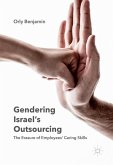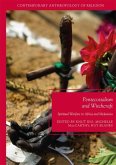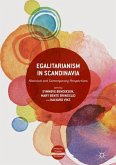This book outlines how Rio Tinto-one of the world's largest miners-redesigned and rebuilt relationships with communities after the rejection of the company during Bougainville's Civil War. Glynn Cochrane recalls how he and colleagues utilized their training as social anthropologists to help the company to earn an industry leadership reputation and competitive business advantage by establishing the case for long-term, on the ground, smoke-in-the-eyes interaction with people in local communities around the world, despite the appeal of maximal efficiency techniques and quicker, easier answers. Instead of using ready-made, formulaic toolkits, Rio Tinto relied on community practitioners to try to accommodate local preferences and cultural differences. This volume provides a step-by-step account of how mining companies can use social anthropological and ethnographic insights to design ways of working with local communities, especially in times of upheaval.
Bitte wählen Sie Ihr Anliegen aus.
Rechnungen
Retourenschein anfordern
Bestellstatus
Storno








